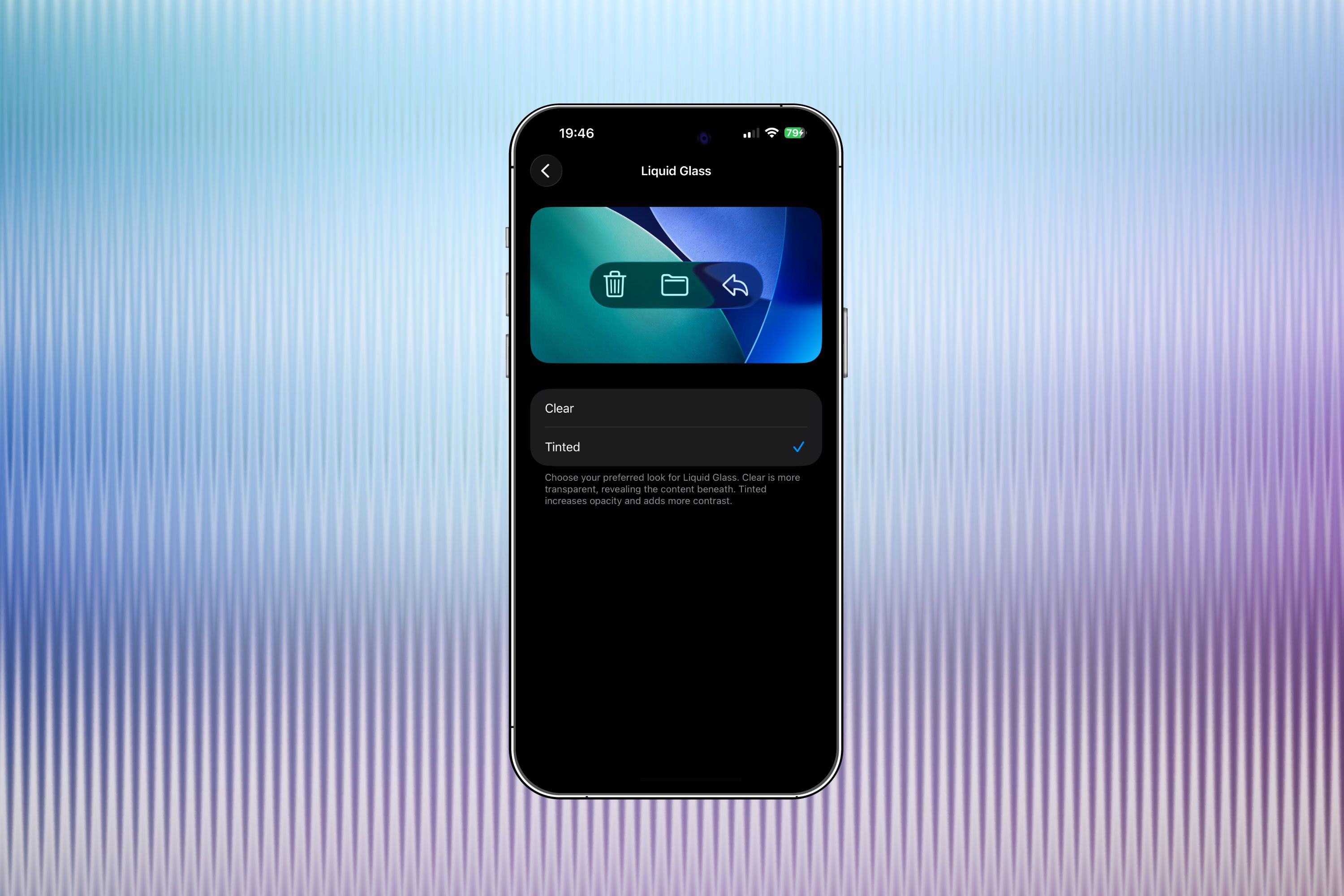Apple just pushed iOS 26.1 to iPhones worldwide, finally giving users control over the controversial Liquid Glass interface that's been frustrating users since September. The update includes a transparency toggle that lets you switch between the current translucent design and a new frosted look that boosts readability - plus a handful of AirPods and Apple Music improvements that suggest the company's listening to user feedback.
Apple just dropped iOS 26.1, and it's already hitting iPhones with what might be the company's fastest user-feedback response in recent memory. The star feature? A transparency toggle for Liquid Glass that directly addresses the readability complaints that have been flooding Apple's support forums since iOS 26 launched in September.
The new setting appears in Settings under Display & Brightness, letting users switch between the default translucent Liquid Glass look and a frosted alternative that cranks up opacity and contrast. It's a small toggle with big implications - Apple rarely backtracks this quickly on design decisions, especially ones baked into their core interface philosophy.
"We've been getting consistent feedback about readability issues," an Apple spokesperson told The Verge during the beta testing phase. The frosted option essentially adds a subtle tint that makes buttons, tabs, and navigation elements easier to distinguish from background content - something accessibility advocates have been requesting since the original Liquid Glass rollout.
Beyond the UI fix, iOS 26.1 packs several quality-of-life improvements that show Apple is doubling down on ecosystem integration. Live Translation now works with AirPods for Chinese (both Simplified and Traditional), Japanese, Korean, and Italian - expanding the feature from its English-only launch. The rollout puts Apple in direct competition with Google's real-time translation tools, though Apple's approach focuses on privacy with on-device processing.
Apple Music gets some love too, with new swipe gestures in the MiniPlayer and AutoMix support over AirPlay. These might seem minor, but they address two of the most common user requests from the Apple Music subreddit - smoother playback controls and better multi-room audio mixing.
The timing feels significant. typically spaces major iOS updates months apart, but iOS 26.1 arrives just six weeks after iOS 26. Industry watchers see this as responding to mounting pressure from both users and developers who've been adapting apps around Liquid Glass limitations.












